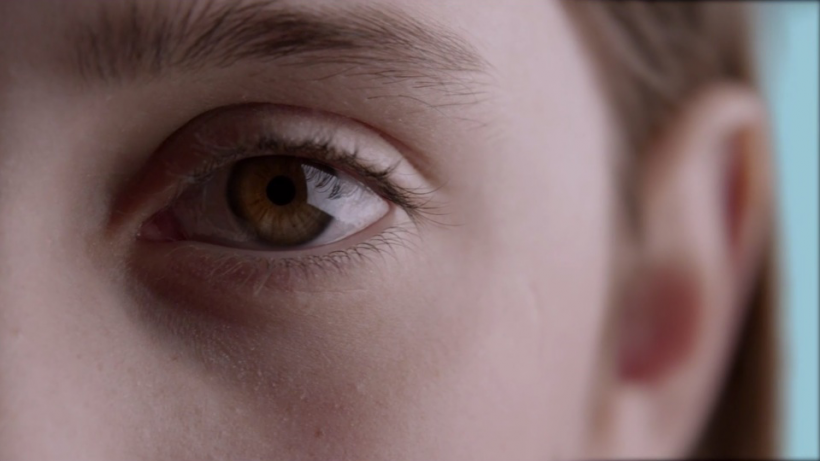Eyeread, an online product that helps to teach children to read, will make its first public appearance Saturday at the new Halifax Central Library.
Leah Skerry and Julia Rivard Dexter, the principals the Halifax web-design consultancy Norex, and a team of educators will let children test the product that they have been developing in conjunction with Dalhousie University and University of Moncton.
Eyeread uses the camera facing the reader on a laptop or other device to track the eye as the child reads. By tracking the eye, the software can detect where the child is having trouble in reading a passage. Educators can then use the information to customize a personalized learning routine for the child. At first, that will have to be done manually, but the founders hope the later versions of Eyeread will automatically come up with customized curriculum for each young reader.
“The goal of the technology at this stage is to understand what is valuable to parents, teachers, and children,” said Skerry, the CEO of Eyeread. “In the long-term we will be able to provide a product that diagnoses reading challenges and measures progress over time.”
Eyeread so far has been developed within Norex, and the company is now raising money – a target of about $300,000 – to spin it out into its own company. Though Norex is a service business, it has developed a culture of innovation and has launched Pursu.it, a crowdfunding platform for elite athletes, and Hashpipe, a product that presents hashtags from various social media on a single canvas. Their focus now is on building Eyeread into a successful stand-alone company.
They are working on a pioneering scientific study on how tracking children's eye patterns can pinpoint specific challenges while reading on computers and tablets. They’re therefore looking for testers to help guide the product development. On Saturday, March 28, the team has partnered with the Halifax Central Library, seeking user feedback on their beta product and collecting sample data from young readers.
“Gathering feedback from children is vital to the success of the product. We are excited about collaborating with young readers to make a product that really helps them,” said Rivard Dexter.
The Eyeread team that will be at the library includes reading recovery teachers and researchers available to share and review test results with parents throughout the day.
On the heels of these tests, the Eyeread team has been selected to present at the ASU Global Silicon Valley Summit on April 7, which will showcase some of the world’s leading education technology startups. The Summit is attended by such luminaries as: Vinod Khosla, Managing Partner, Khosla Ventures; Sir Richard Branson, Founder, Virgin Group; and U.S. Education Secretary Arne Duncan.
This event will position Eyeread in front of some of the top EdTech investors in the world as it seeks to raise capital.
Skerry also noted that some of the world’s leading influencers understand that self-learning will be a key part of improving education in the coming decades. That is why the Xprize [funders of SpaceShipOne] is sponsoring innovation in education through a $15 million prize for software that will enable more than 250 million children in developing countries to teach themselves basic literacy.
“It offers the opportunity to make a significant dent [in illiteracy among children] and we want to be part of that,” said Skerry.










